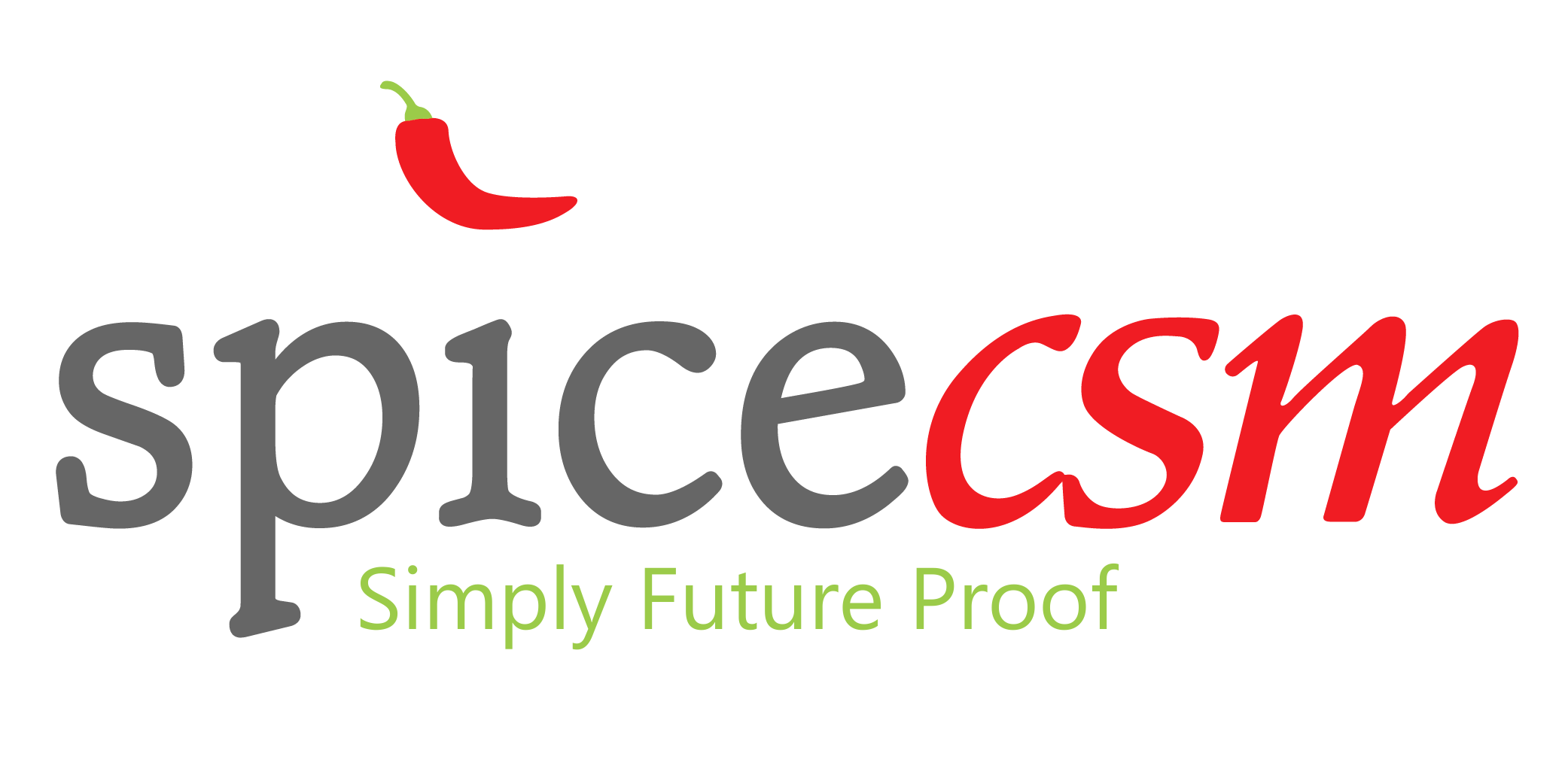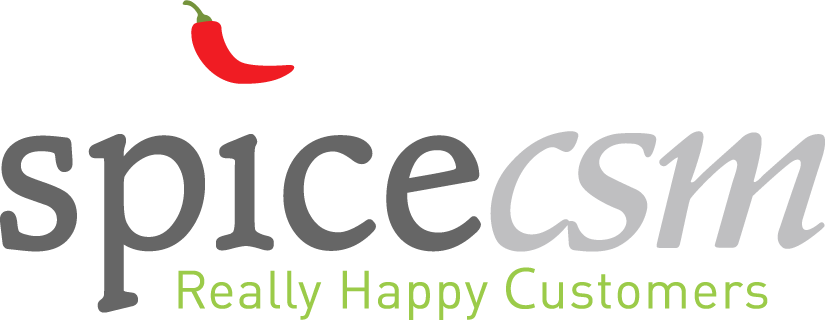
Your call center agents are an extension of your company during a customer service call, so it’s essential to hire top talent. Not only must these people handle troubleshooting and support issues, but they’re also responsible for building the goodwill that can lead to future sales. Soft skills and an ability to master the required tools are top criteria companies must consider, but there are other factors. Therefore, organizations must take a best practices approach to the hiring process in order to properly leverage call center operations.
Develop an Agent Persona
There are certain competencies and personality traits that make a call center agent stand out from others. Assess the skills of your current top performers to build a profile that identifies an excellent candidate, such as:
- “Soft” Skills: Characteristics like professionalism, dependability and problem solving skills are concepts you cannot teach, so a high priority should be placed on individuals who possess them.
- Composure: Call center encounters typically involve customers who are frustrated and often irate. In these high pressure situations, it’s critical for an agent to remain calm, yet confident, in addressing concerns.
- Sales-Minded: The goal of a customer call is not just to resolve issues; it’s also essential to maintain valuable goodwill. Doing so often leads the way to future sales opportunities.
A standardized approach to hiring for your call center is more efficient than going through a new process every time you’re hiring. Your recruiting strategy should identify the candidates that fit the agent persona, and then focus on targeting them via:
- Referrals
- Online job communities
- Social media channels
- Print advertisements
- Education institutions
- Minority organizations
- Job fairs
- State and local unemployment agencies
Agents in today’s call centers must often manage several processes across as many as 15 different systems to respond to a customer issue. As such, your hiring process should include assessment of the candidate’s comfort level with technology. If the person is uneasy navigating among your CRM, scripting solution and knowledge bases, they may not be a good fit – an unfortunate state of affairs if the person is outstanding in other respects.
However, technology is available to assist even the least savvy candidates with common call center tasks. The key lies in implementing an integrated platform that unifies all background applications under one umbrella. Your new call center agent is now only faced with learning one solution, not 15.
There are a multitude of factors you must consider when hiring new call center agents, so developing a best practices approach to the process eases the burden. Soft skills may be weighed more heavily than other abilities, many of which can be covered in training. Even new hires that lack technology skills can quickly get up to speed when given tools that unify the various platforms needed for a typical customer encounter. Please contact Spice CSM for more information on our integrated solutions for call centers.


